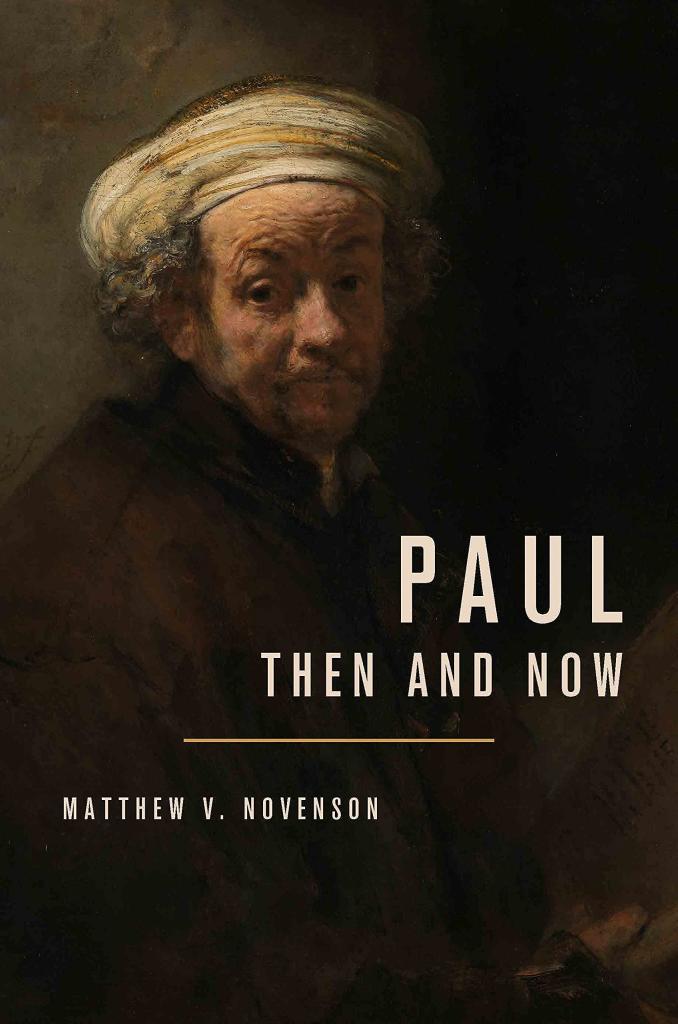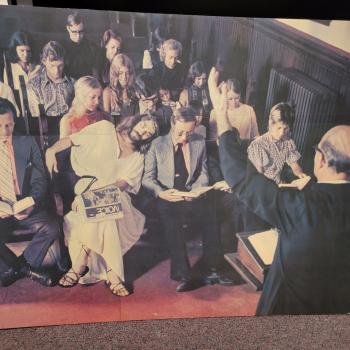Q. Let’s talk about Paul and the Law for a bit. I am not buying the argument that Paul was simply Torah true, and bless his heart he has been misread. I find Fredricksen’s argument (and others) quite unconvincing on this point, especially in light of what Paul says in Galatians 4 about the Mosaic covenant being pro tempore until God sent forth his Son. To which Paul adds that it is the Abrahamic covenant he is prepared to link to the new covenant, with the new covenant not being a mere renewal of the Mosaic one. It also requires a very odd reading of Paul’s biographical statements especially in Philippians where the word skubbala is surprisingly used. True, Paul sees his heritage as a good thing, but not good enough for salvation compared to what he has in Christ. At the same time Paul is perfectly prepared to say he can become the Jew to the Jew on occasion to win some of them to Christ (a very odd thing for a Jew to say, especially if he was Torah true). And further, he can say there is something called the Law of Christ, which I take to mean some commandments carried over from the Mosaic law, some teachings of Jesus that were new (see e.g. Rom. 12-13) and some of his own apostolic imperatives. Paul is clearly not critiquing Jewish legalism as opposed to a faith alone posture (sorry Luther he just isn’t). How would you react to all this?
A. I think that I agree with some of what you say here, and disagree with other parts. In my view, Paul does indeed imagine that he can live beyond the law, as it were, to the extent that he is a pneumatic person. (This is not anti-nomianism, but something like super-nomianism.) To the extent, however, that he and other pneumatic people-in-Christ still have mortal bodies for a little while longer, the law does apply to those bodies, though differently to Jewish and gentile bodies, respectively (see 1 Cor 7:19). At just this point, though, I think that your phrase “Torah-true” (and synonyms like “Torah-observant,” “law-observant,” etc.) is too vague to be helpful. We know from Jewish studies research that in antiquity, as in most times and places, there is no one standard definition of “Torah observance.” There are almost always multiple competing ones. One person’s kosher is another person’s treyf. Paul says, and I think he really believes, that he upholds the law (Rom 3:31), but some of his contemporaries will surely have disagreed with him about that, and they will have had good reasons for doing so. On this whole issue, Ruben Bühner is currently writing an excellent Habilitationsschrift at Zürich, so readers should keep an eye out for that.

















